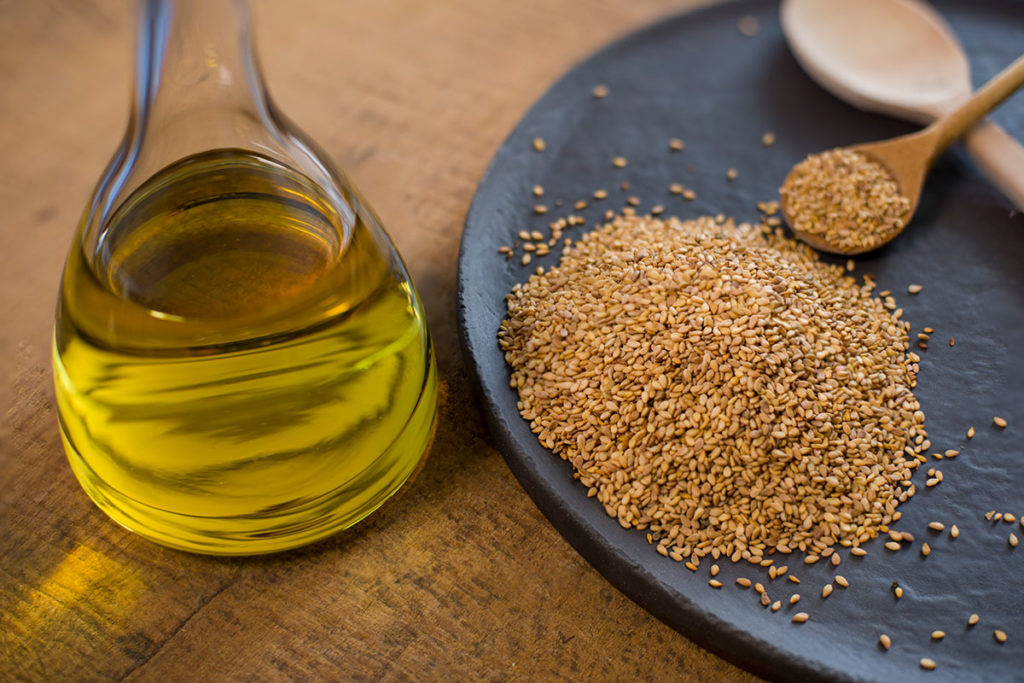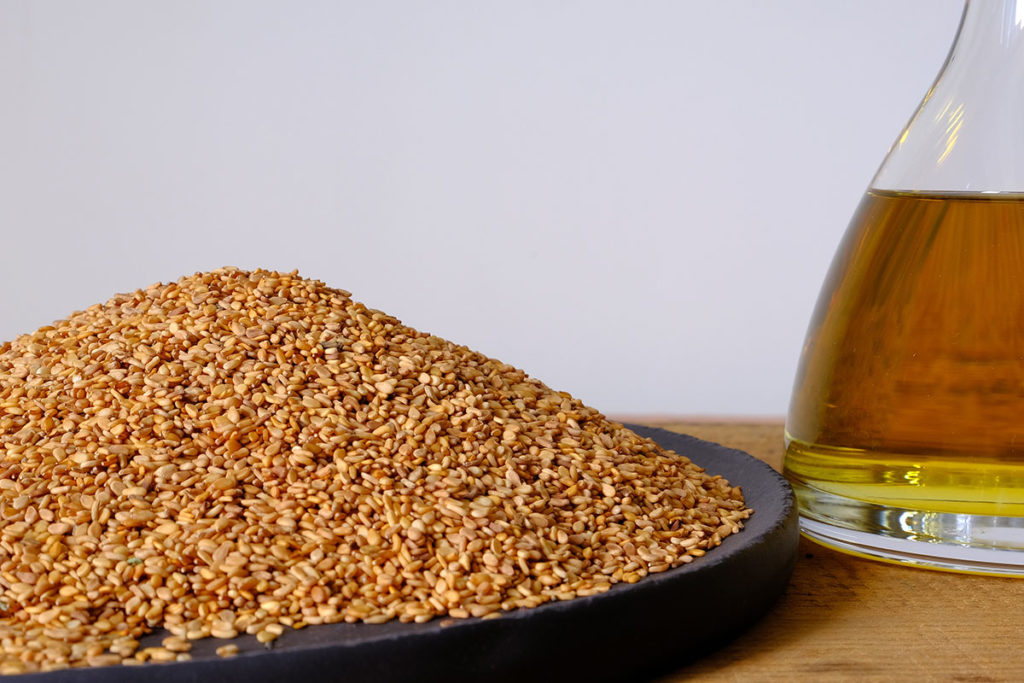Sesame Oil: Turkey’s Growing Role in Cultivation and Production
Sesame oil, derived from the seeds of the sesame plant, has been a staple in culinary and industrial applications for centuries. Known for its distinct aroma and versatility, sesame oil plays an important role in cooking, cosmetics, and manufacturing. Turkey, with its varied climate and fertile lands, is emerging as a significant producer in the global sesame oil market. The country’s expanding cultivation areas, improved farming techniques, and strategic geographical location contribute to its growing presence in this sector.
Sesame cultivation in Turkey has deep roots, particularly in the southern and southeastern regions, where the climate provides ideal conditions for the crop. These areas experience long, warm growing seasons with moderate rainfall, factors that favor sesame seed development. The soils in these regions, often well-drained and rich in nutrients, support healthy plant growth, which is essential for the yield and quality of the seeds used in oil extraction.
Traditionally, Turkish farmers have grown sesame primarily for local consumption. However, as global demand for sesame oil has increased, production in Turkey has expanded significantly. Farmers have adopted more modern agricultural practices, such as improved seed varieties, better irrigation management, and mechanized harvesting. These advancements have boosted productivity, enabling Turkey to compete more effectively in international markets.
The extraction of sesame oil in Turkey commonly uses cold pressing methods. This technique preserves the oil’s natural flavor and aroma, which are highly valued by both consumers and manufacturers. Turkish producers often combine traditional knowledge with modern machinery to optimize oil yield and maintain product authenticity. The result is a high-quality oil that retains the characteristic nutty taste associated with sesame oil.
Turkey’s strategic location offers considerable advantages for the distribution and export of sesame oil. Positioned between Europe, Asia, and the Middle East, Turkey serves as a vital hub for trade routes. Ports along the Mediterranean and Aegean coasts facilitate efficient shipment to diverse markets. This logistical edge has encouraged Turkish producers and exporters to increase their reach and strengthen the country’s role in the global sesame oil supply chain.
Economically, sesame oil production supports many rural communities in Turkey. Smallholder farmers benefit from cultivating sesame as it provides a valuable source of income, especially in regions where alternative cash crops may be limited. The entire production process—from planting and harvesting to oil extraction and packaging—generates employment opportunities, which are crucial for the socio-economic development of agricultural areas.
Sustainability and environmental awareness are becoming more prominent in Turkish sesame cultivation. Farmers and producers are increasingly focusing on responsible farming techniques that protect soil health and conserve water resources. Crop rotation, organic fertilization, and efficient irrigation methods are being employed to ensure sustainable production. These practices help safeguard the long-term viability of sesame farming and align Turkish production with global sustainability trends.
The cultural significance of sesame in Turkey also adds to the crop’s importance. Sesame seeds have been used in traditional Turkish cuisine for centuries, incorporated into various breads, sweets, and dishes. This cultural heritage fosters continued interest and investment in sesame cultivation and oil production. The respect for tradition, combined with innovation, helps Turkish producers maintain a balance between quality and quantity.
Looking forward, Turkey’s sesame oil industry shows strong potential for growth. Increasing demand both domestically and internationally, coupled with ongoing improvements in agricultural technology and processing facilities, are expected to drive production expansion. Efforts to enhance marketing strategies and build stronger export networks will likely increase Turkey’s share in the global sesame oil market.
In conclusion, sesame oil production in Turkey represents a dynamic and evolving sector that benefits from favorable natural conditions, modern agricultural practices, and strategic trade advantages. The country’s expanding cultivation areas and commitment to sustainable farming contribute to its rising prominence as a sesame oil producer. As global interest in natural oils continues to grow, Turkey’s sesame oil industry is well-positioned to play a significant role in meeting this demand while supporting rural economies and preserving cultural traditions.
Product Information
Crop: Cultivated
Parts used: Seeds
Extraction method: Cold Press
Quality: 100 % pure and natural essential oil
Industry used: Dietary/Nutritional Supplement, Phytotherapy, Aromatherapy, Cosmetic, Perfume, Feed and Agricultural industries.
Packaging: Food grade barrels in various sizes or Glass bottles with orifice reducer caps
Country of origin: TÜRKİYE



